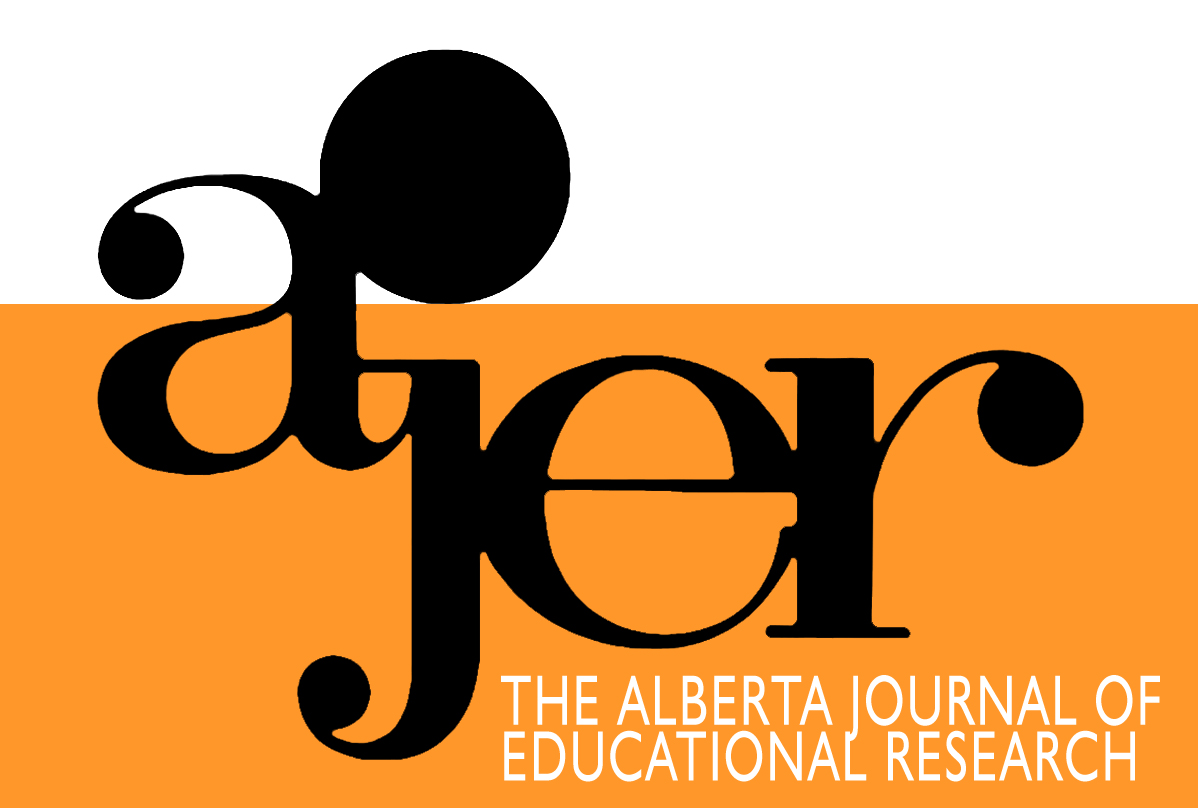Effective Prevention of Adolescent Substance Abuse – Educational versus Deterrent Approaches
DOI:
https://doi.org/10.55016/ojs/ajer.v58i1.55560Keywords:
substance abuse, adolescence, preventionAbstract
Substance abuse, especially among adolescents, has long been an important issue in society. In light of the adverse impact of substance abuse, scholars, educators, and policy-makers have proposed different approaches to prevent and reduce such abuse. This paper investigates the effectiveness of the two prominent approaches—educational and deterrent—in preventing and reducing adolescent substance abuse. The educational approach (e.g., school-based prevention programming) tends to be more comprehensive and better grounded in theories than the deterrent approach (e.g., drug testing). The educational approach not only targets multiple psychosocial factors contributing to substance abuse, but it is also supported by empirical studies showing that school-based prevention programming is effective in preventing substance abuse and has long-lasting positive influences on adolescent development. Practical implications of implementing school-based prevention programming are also discussed.L'abus d'alcool ou d'autres drogues, surtout chez les adolescents, constitue depuis longtemps une préoccupation importante de la société. À la lumière de l'impact défavorable de cet abus, les chercheurs, enseignants et décideurs ont proposé différentes approches pour le prévenir et le limiter. Cet article porte sur l'efficacité de deux approches importantes, l'une pédagogique, l'autre dissuasive, visant la prévention et la réduction de l'abus d'alcool ou d'autres drogues chez les adolescents. L'approche pédagogique (par ex. les programmes de prévention en milieu scolaire) est, de façon générale, plus globale et mieux fondée sur les théories que l'approche dissuasive (par ex. dépistage des drogues). Non seulement l'approche pédagogique cible-t-elle les divers facteurs psychosociaux qui contribuent à cet abus, elle est de plus appuyée par des études empiriques indiquant que les programmes de prévention en milieu scolaire sont des outils efficaces dans la prévention de l'abus d'alcool ou d'autres drogues et qu'ils ont un impact positif à long terme sur le développement des adolescents. Nous discutons des répercussions pratiques de la mise en œuvre des programmes de prévention en milieu scolaire.
Downloads
Issue
Section
License
UNIVERSITY OF ALBERTA COPYRIGHT LICENSE AND PUBLICATION AGREEMENT
If accepted, authors will be asked to sign a copyright agreement with the following points:
A. Where there is any inconsistency between this Copyright License and Publication Agreement and any other document or agreement in relation to the same subject matter, the terms of this Agreement shall govern.
B. This document sets out the rights you are granting in relation to publication of your article, book review, or research note entitled (the “Article”) through inclusion in the academic journal titled Alberta Journal of Educational Research (the “Journal”) published through the Faculty of Education, representing the Governors of the University of Alberta (the “Journal Editor”).
C. There will be no payment to you for this publication and grant of rights. In consideration of the agreement to publish the Article in the Journal:
1. You are warranting that:
- the content of the Article is your original work, and its content does not contain any material infringing the copyright of others; or, where the Article is not entirely your original work, you have obtained all necessary permissions in writing to grant the rights you are giving in this agreement;
- the content of the Article does not contain any material that is defamatory of, or violates the privacy rights of, or discloses the confidential information of, any other person;
- the Article has not been published elsewhere in whole or in part, and you will not allow publication of the Article elsewhere without the consent of the Journal Editor;
- the names of all co-authors and contributors to the Article are:
2. You agree to license the copyright in the Article to the Journal Editor, on a worldwide, perpetual, royalty free basis; and to the extent required by the terms of this agreement. You shall retain the right at all times to be acknowledged as the/an author of the Article.
3. You further agree that the Journal Editor has the entitlement to deal with the Article as the Journal Editor sees fit, and including in the following manner;
- The right to print, publish, market, communicate and distribute the Article and the Journal, in this and any subsequent editions, in all media (including electronic media), in all languages, and in all territories, ing the full term of copyright, and including any form of the Article separated from the Journal, such as in a database, abstract, offprint, translation or otherwise, and to authorize third parties to do so;
- The right to register copyright of the Journal;
- The right to edit the Article, to conform to editorial policy as the Journal Editor sees fit.
4. If any co-author or contributor to the Article does not sign this agreement, the Journal Editor reserves the right to refuse to publish the Article.



